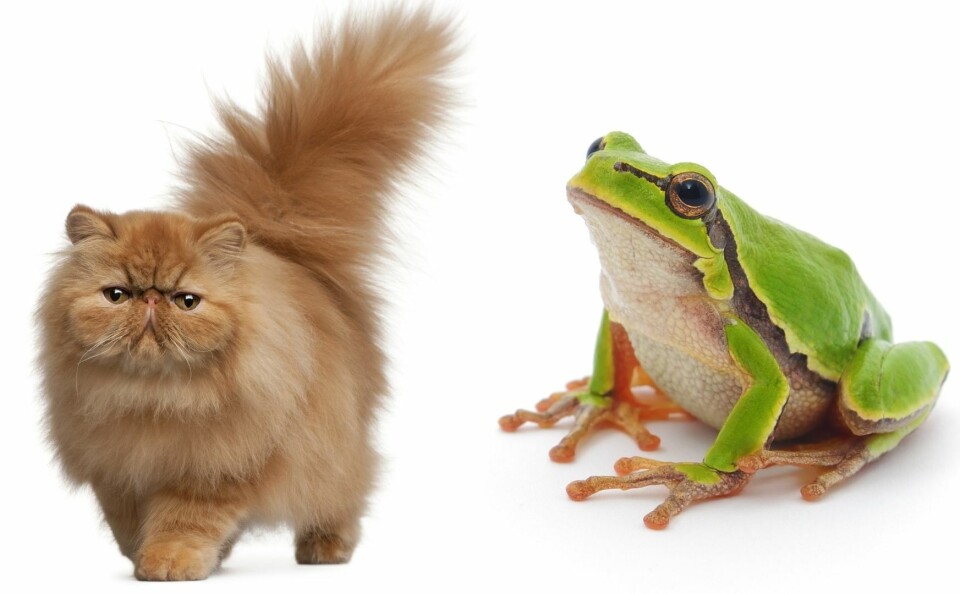-
Learning French: Have you ever dreamt in your target language?
From passive listening to active speaking, dreaming in French can indicate you are regularly practicing it
-
Learning French: what does fastoche mean and when should it be used?
Plus, can you guess the meaning behind more simple slang terms ending in -oche
-
Learning French: when and why do we say montrer patte blanche?
A French fairytale phrase for trustworthiness
Five French phrases with same English meaning - just swap the animal
There are some phrases you cannot translate literally, you simply have to learn the French equivalent. Here are five that use a different animal in English

The French language has some charming phrases ready for use when the occasion demands a pithy cliché.
Many of them derive from a pre-urban society, with not a little influence of fable writers such as Aesop and La Fontaine.
People in previous centuries lived closer to animals and it was natural that they should refer to them to make a point about human behaviour.
What is curious is that when people in Britain wanted to make the same comparisons, they chose different creatures.
This means you cannot translate directly from one language to the other without translating your zoology at the same time.
Your grammar may be perfect but if you don’t get your animal right you will be greeted with a bemused expression on the face of a listening French man or woman.
1. J’ai un chat dans la gorge
Literally: “I’ve got a cat in my throat”
English equivalent: “I’ve got a frog in my throat”
Swallowing a frog is just about imaginable but how could a cat get lodged in someone’s windpipe, obstructing them from speaking clearly?
No one knows; but it is probably a 19th-century confusion with a word meaning both cat and fur ball.
2. Il pleut comme vache qui pisse
Literally: “it’s raining like a cow urinating”
English equivalent: “It’s raining cats and dogs” – it’s pouring down.
If you have ever watched a cow lifting its tail to discharge a torrent of urine you can see the origin of the French version which makes more sense than a drizzle of felines and canines.
3. Muet comme une carpe
Literally: “mute as a carp”
English equivalent: “as quiet as a mouse”
In the 17th century, Rabelais uses the simile “mute as a fish” which later became identified with a specific species.
Why carp?
Apparently because they stick their heads out of the water and open their mouths without saying a word.
4. Myope comme une taupe
Literally: “short-sighted as a mole”
English equivalent: “as blind as a bat”
French is closer to the truth here: a mole isn’t blind but it has a poor sense of vision; it relies instead on its sense of smell and touch.
5. J’ai la chair de poule
Literally: ‘I’ve got the skin of a chicken”
English equivalent: “I’ve got goose bumps”
In both cases it is the same physiological reaction to a source of threat or fear.
Technically it’s called piloerection or horripilation and it is thought to be a vestigial response from our more primitive days.
We would fluff up our fur to scare off a predator; now all we can do is come out in a temporary rash.
Related articles
Six French phrases to use when things go wrong or you have ‘zoned out’
How many of these 12 fruity French expressions do you know?
Au revoir et bon vent: Nine ways to say goodbye in France
























